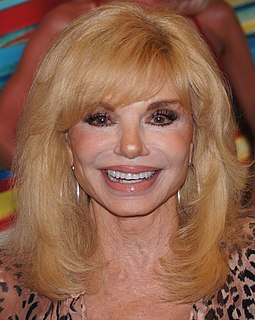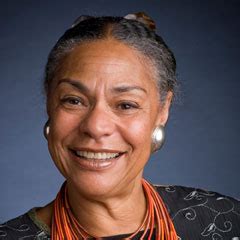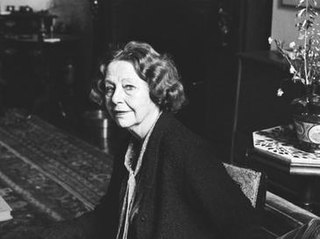A Quote by Maria Montessori
The principal agent is the object itself and not the instruction given by the teacher. It is the child who uses the objects; it is the child who is active, and not the teacher.
Related Quotes
Teacher cannot solve or heal all student stress. The teacher can be vigilant in trying to guide the child toward solutions;but the teacher's job in relation to this stress is ultimately to help the child learn to manage his or her own stress wisely. In accomplishing this, the teacher mentors higher academic learning by removing distracting stress, and teaches valuable life-survival skills.
I believe that the teacher's place and work in the school is to be interpreted from this same basis. The teacher is not in the school to impose certain ideas or to form certain habits in the child, but is there as a member of the community to select the influences which shall affect the child and to assist him in properly responding to these influences.
Pedagogy of the Oppressed resonated with progressive educators, already committed to a 'child-centered' rather than a 'teacher-directed' approach to classroom instruction. Freire's rejection of teaching content knowledge seemed to buttress what was already the ed schools' most popular theory of learning, which argued that students should work collaboratively in constructing their own knowledge and that the teacher should be a 'guide on the side,' not a 'sage on the stage.'
...we discovered that education is not something which the teacher does, but that it is a natural process which develops spontaneously in the human being. It is not acquired by listening to words, but in virtue of experiences in which the child acts on his environment. The teacher's task is not to talk, but to prepare and arrange a series of motives for cultural activity in a special environment made for the child.
Mothers seem to be in subtle competition with teachers. There is always an underlying fear that teachers will do a better job thanthey have done with their child.... But mostly mothers feel that their areas of competence are very much similar to those of the teacher. In fact they feel they know their child better than anyone else and that the teacher doesn't possess any special field of authority or expertise.

































